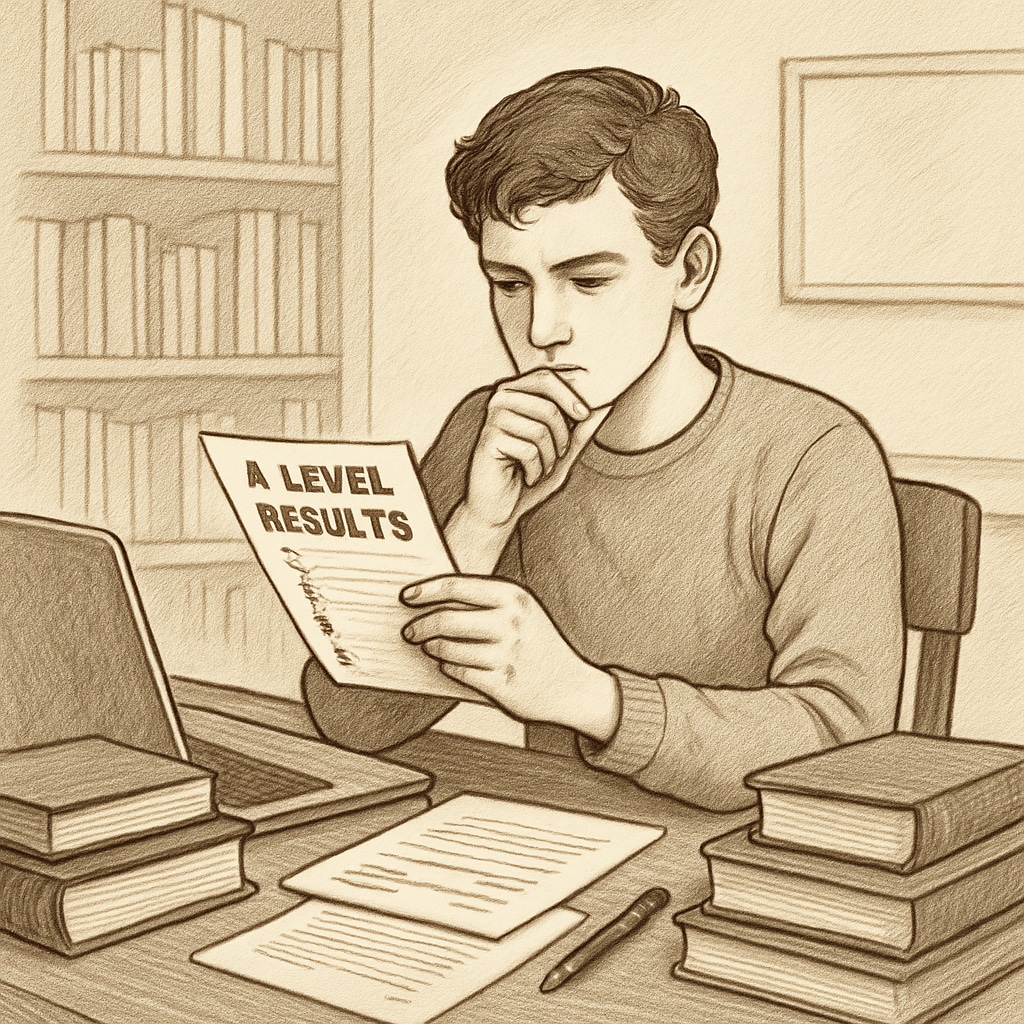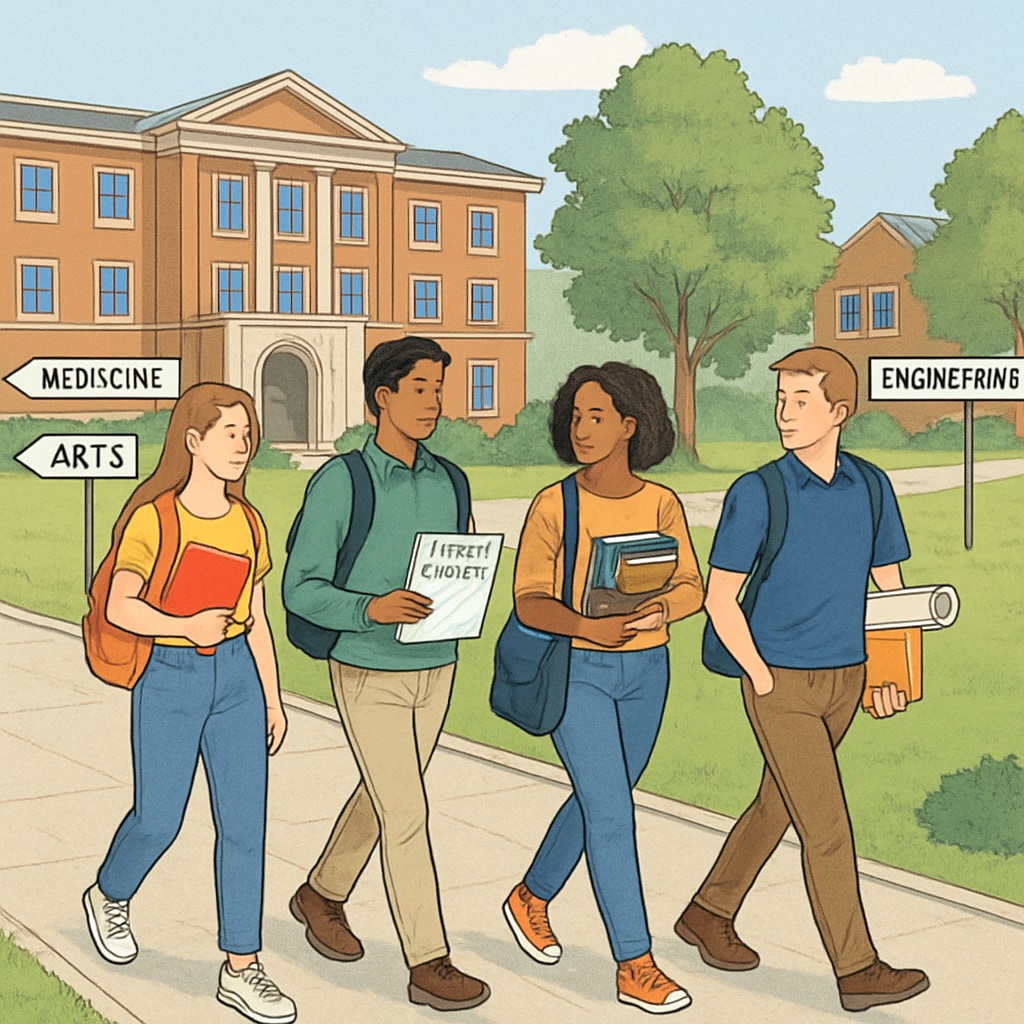For many students, A-level results are a pivotal milestone that can shape their future education and career paths. However, when these results fall short of expectations, students often face a challenging crossroads. Questions about whether to retake exams, settle for lower-ranked universities, or pursue overseas education programs arise, further complicated by family expectations and personal aspirations. Making the right decision in this situation requires careful consideration of each option and its long-term implications.

Option 1: Retaking Your A-level Exams
Retaking A-level exams is often the first solution students consider. This choice offers the opportunity to improve grades and reapply to preferred universities. However, it comes with its own set of challenges. Retaking exams can be emotionally taxing and requires a strong commitment to revisiting and mastering the material within a limited timeframe. Additionally, the stigma of repeating a year may affect some students’ confidence.
Before choosing this path, it’s essential to assess the reasons behind the poor results. Was it due to lack of preparation, external stress, or unsuitable subject choices? Identifying these factors can help determine whether retaking exams is the best course of action. For students who thrive under structure, enrolling in a retake-focused program or working with tutors can enhance their chances of success.
Option 2: Exploring Lower-Ranked Universities
Another option is to attend universities with lower entry requirements. While this choice might not align with initial aspirations, it can still provide valuable opportunities for growth and education. Many lesser-known universities offer specialized programs, smaller class sizes, and personalized attention that may not be available at highly competitive institutions.
Students should research the specific strengths of these universities and consider whether their desired course aligns with their career goals. For example, some universities may excel in niche areas like environmental sciences or creative industries. Choosing this path requires a mindset shift to focus on the quality of the academic experience rather than the prestige of the institution.

Option 3: Overseas Foundation Programs
For students looking to broaden their horizons, pursuing overseas education through foundation programs can be an exciting alternative. These programs are designed to prepare students for entry into international universities, often bridging the gap between A-level qualifications and university requirements. They also provide students with an immersive experience in a new culture, which can enhance personal development and global awareness.
However, overseas education comes with financial implications, including tuition fees and living expenses. Families should weigh the benefits against the costs and explore scholarships or financial aid opportunities. Additionally, students must consider the emotional impact of relocating far from home and adapting to a new environment.
Researching reputable foundation programs and their partner universities is crucial to ensuring the investment leads to worthwhile opportunities. Many programs specialize in fields such as business, engineering, or medicine, offering targeted preparation for competitive career paths.
Balancing Family Expectations and Personal Aspirations
A recurring challenge in this process is managing family expectations while prioritizing personal growth. Many families have high hopes for their children’s academic achievements, which can lead to pressure and anxiety. Open communication is key to finding common ground. Students should share their aspirations and concerns with their families to build mutual understanding.
In addition, seeking advice from career counselors or mentors can provide clarity on viable options. Professional guidance can help students align their interests with potential career paths, easing the decision-making process.
Final Thoughts: Poor A-level results are not the end of the road but rather an opportunity to redefine one’s path. Whether through retaking exams, exploring local universities, or pursuing overseas programs, students have multiple options to construct a fulfilling future. The key lies in thoughtful planning, honest self-assessment, and the courage to embrace change.


